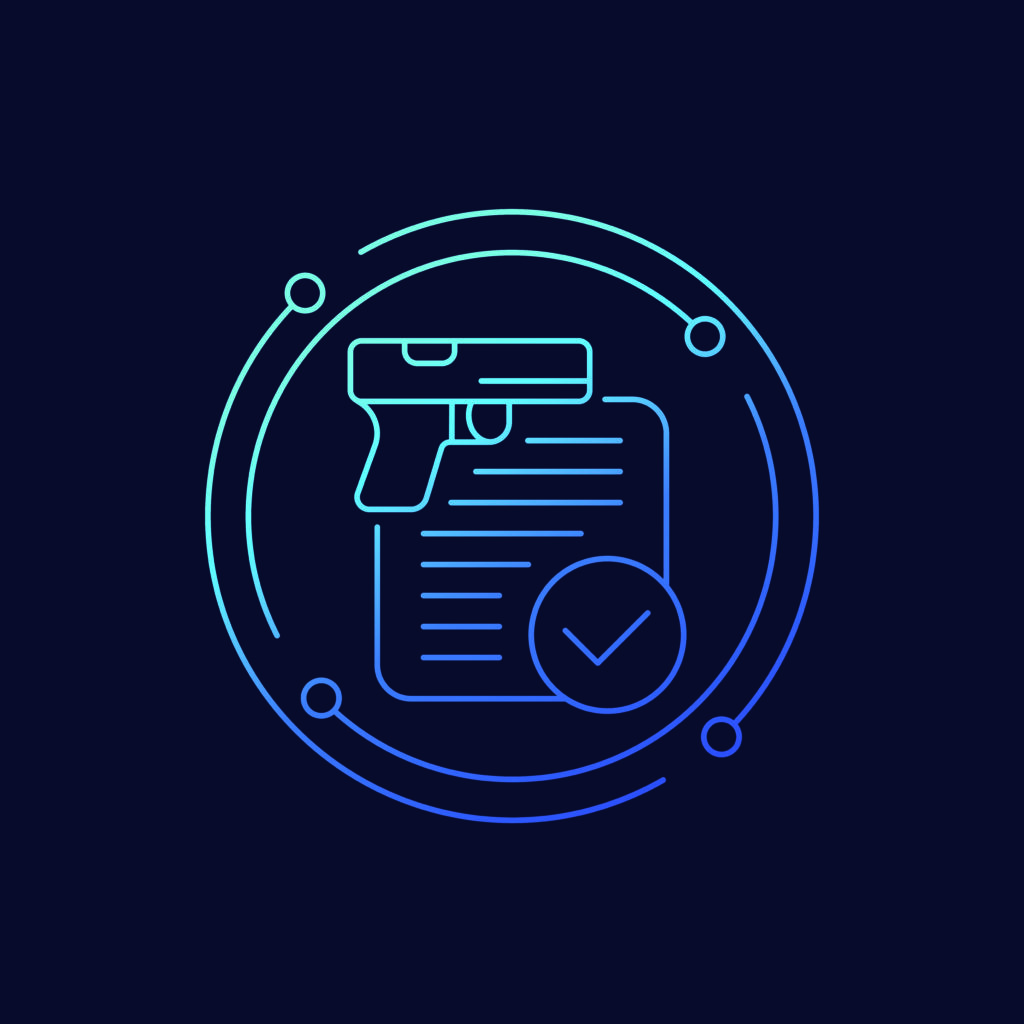Starting a federal firearms business is a complex but rewarding endeavor. Whether you’re passionate about firearms, looking to serve a niche market, or aiming to contribute to the industry, launching a federal firearms business requires careful planning, adherence to strict regulations, and a commitment to safety and responsibility.
Understanding Federal Firearms Licensing (FFL)
The first step in starting your firearms business is obtaining a Federal Firearms License (FFL) from the Bureau of Alcohol, Tobacco, Firearms and Explosives (ATF). The FFL allows you to legally engage in the manufacture, importation, and sale of firearms and ammunition. There are several types of FFLs, each catering to different aspects of the firearms industry. For most small businesses, an FFL Type 1 (Dealer in Firearms Other Than Destructive Devices) is the most appropriate.
Steps to Obtain an FFL
- Determine Eligibility: To qualify for an FFL, you must be at least 21 years old, a U.S. citizen or permanent resident, and have no felony convictions or other disqualifying legal issues.
- Choose Your FFL Type: Based on your business model, select the appropriate FFL type. Consult the ATF’s website or speak with a knowledgeable professional to ensure you choose the right license for your needs.
- Complete ATF Form 7: This application form requires detailed personal information, business details, and fingerprints. Be thorough and accurate to avoid delays in processing.
- Submit Your Application: Along with the completed form, include the required fee and submit your application to the ATF. Fees vary depending on the type of license.
- Background Check and Interview: The ATF will conduct a background check and may schedule an in-person interview. Be prepared to discuss your business plan and demonstrate your knowledge of federal, state, and local firearms laws.
- Receive Your FFL: If your application is approved, you will receive your FFL, allowing you to legally operate your firearms business.
Compliance and Record-Keeping
Once you have your FFL, strict compliance with federal, state, and local regulations is crucial. This includes maintaining accurate records of all transactions, conducting background checks on customers, and adhering to safe storage and handling practices.
Building Your Business
With your FFL in hand, focus on building a successful business:
- Choose a Niche: Specialize in a particular type of firearm, such as hunting rifles, tactical firearms, or antique weapons, to stand out in the market.
- Establish a Strong Online Presence: Create a professional website and engage with customers through social media platforms.
- Build Relationships: Network with manufacturers, suppliers, and other industry professionals to secure favorable deals and stay informed about industry trends.
- Prioritize Customer Service: Provide knowledgeable and personalized service to build a loyal customer base.
Final Thoughts
Starting a federal firearms business is a significant undertaking that requires careful planning, adherence to regulations, and a commitment to safety and ethics. By following the proper steps to obtain your FFL and focusing on building a reputable and responsible business, you can carve out a successful niche in the firearms industry.


